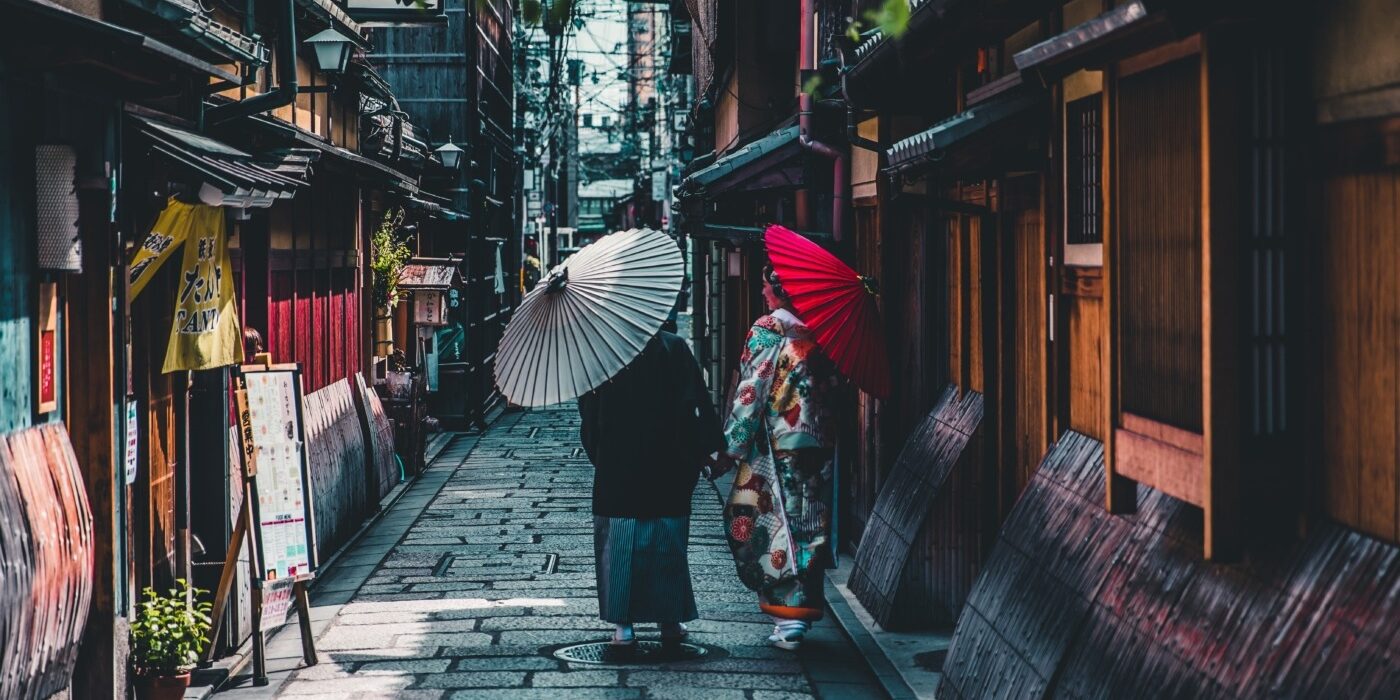Broadening horizons: can travel help eliminate bias?
For many, travelling to a new country is an exciting opportunity to explore new cultures, landscapes, and people. With our eyes opened to different traditions and ways of life, there is potential for certain biases to be corrected as our world-view is broadened. Travel, therefore, has the potential to dismantle a whole range of biases on different groups of people, allowing for us to become more open-minded.
Bias comes from the fear of the unknown and from prejudiced information we may hear about certain countries or ethnicities. If people choose to remain within their tight-knit communities and only hear these same viewpoints repeatedly reinforced, bias remains trapped in certain areas.
The European Network Against Racism found that in the United Kingdom, people with foreign sounding names are one third less likely to be shortlisted for jobs than people with white British sounding names. This is just one example of how bias leads to systemic racism, as people let their potential fear of the unknown prejudice their thinking.
There are many different biases we may hear when picking a country to travel to
So how can travel help? The sort of travel that allows the most scope for dismantling bias is the sort that forces people out of the tourist traps to see the more authentic side of country. Volunteering can be a good way to leave the typical touristy areas that don’t provide a real sense of a country or its people. You’re able to meet more locals, whilst also doing your part to help the community in some way, and understand the problems they may face.
Thousands of UK students choose to do a gap year for this very reason; it’s a sort of maturing experience that allows people to see more of the world before they have to become more independent as young adults.
There are many different biases we may hear when picking a country to travel to. Such as that South America is full of crime, French people can be rude, or that is little else to do in Africa other than safaris. Is it really worth these listening to others’ viewpoints on travel destinations? As a result, some beautiful places are mainly ignored by potential visitors because of often unreliable and over-dramatic information.
Others, like Paris or New York, are so saturated with visitors that they become almost a gimmick of the real place: existing only to portray the visitor’s imaginings of the location back to them. With a little more effort, so many other interesting and cultural sights can be found that give more of an insight into a location.
But can travel always serve to eliminate bias? The vast majority of people choose their holidays as a well-deserved chance to relax, perhaps in a nice hotel by a pool, and with luxuries they don’t get at home. In this case, travel can actually narrow someone’s worldview, as places become almost interchangeable. If someone goes on holiday with a perception of a place, and does activities that perpetuate this belief, their worldview remains the same.
To really widen their perspective travellers must be willing to integrate with locals and seek out unseen areas
When someone travels for relaxation, work, or to see some famous tourist sites, they’re not seeing anything they didn’t already know. Choosing unique places to go or landmarks to visit helps break out of this mould and present something we might not have been expecting.
To really widen their perspective, travellers must be willing to integrate with locals, put themselves in unfamiliar situations, and seek out unseen areas. To really ‘know’ Venice, for example, you must see more than just their canals and your hotel room. Really talking to locals can help you understand a country more but also come to respect different traditions and ways of life. In doing so, the prejudices that seep through society can help to be eliminated.
So, it might be worth to throw away the guide book, and set off without knowing what you might find!

Comments